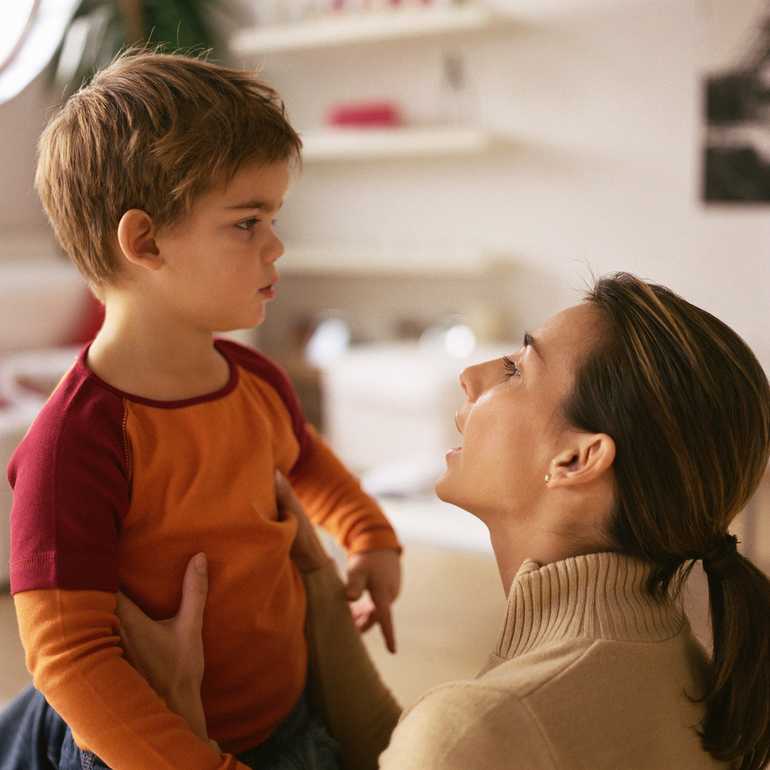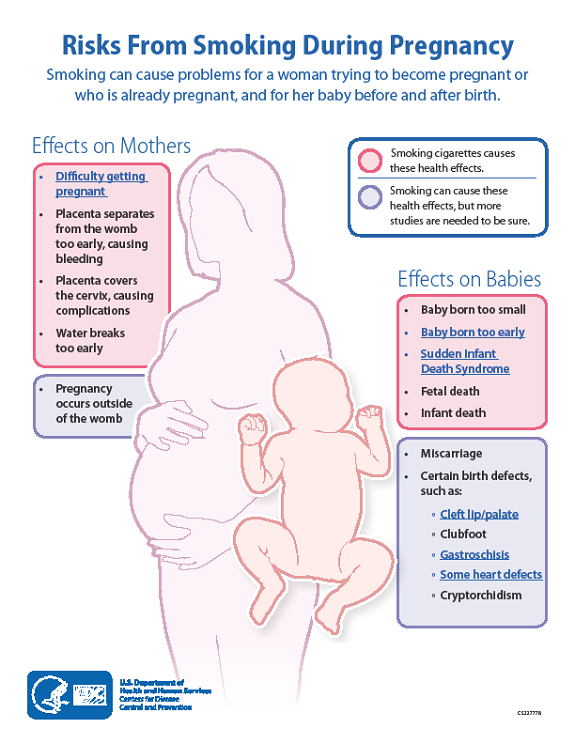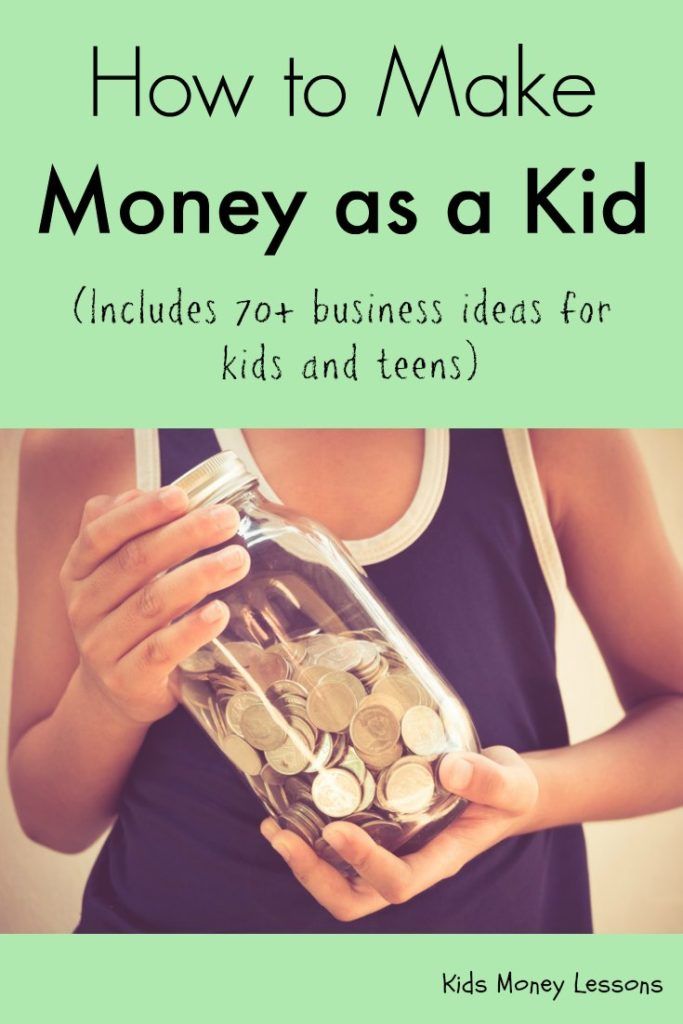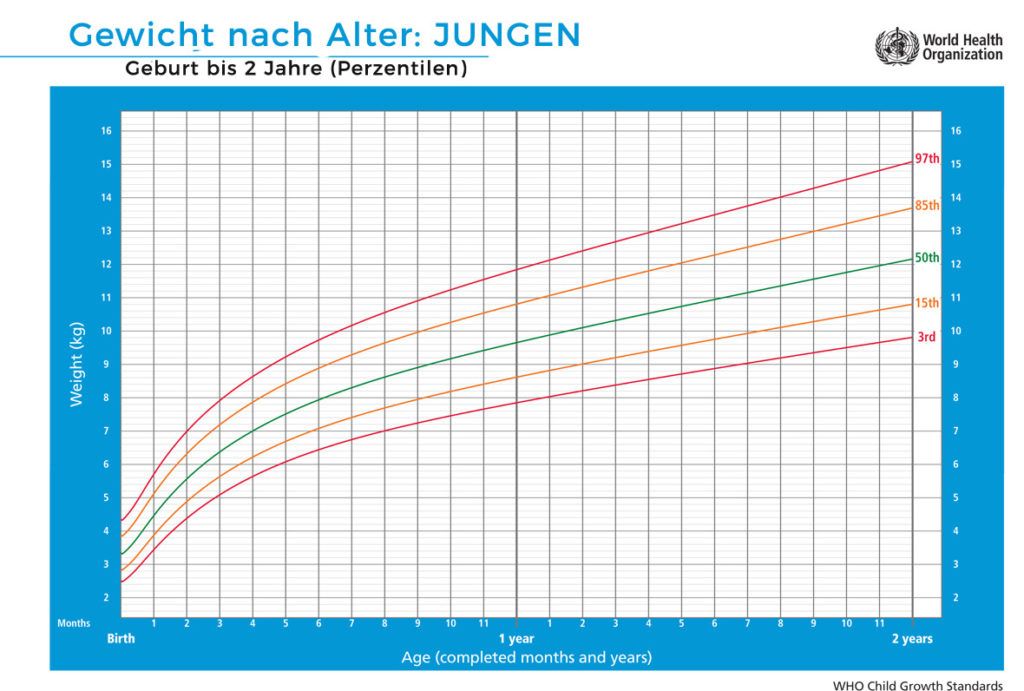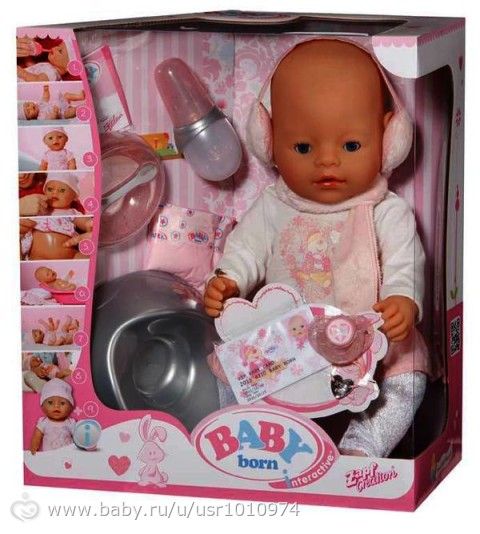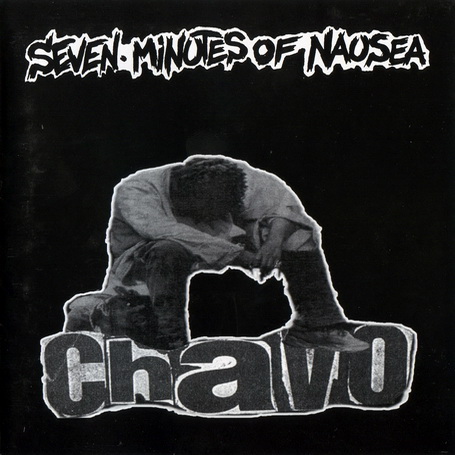Learning to talk babies
Help your baby learn to talk
0 to 6 months- Hold your baby close and look at them as you talk to them. Babies love faces and will watch you and respond as you talk.
- Chat about what you're doing as you feed, change and bathe them.
- Sing to your baby – this helps them tune in to the rhythm of language.
- Repeat the sounds your baby makes back to them – this teaches your baby lessons about listening and taking turns in a conversation.
- Talk in a sing-song voice – this helps to keep your baby's attention.
- Name and point to things you can both see, for example, "Look, a cat". This will help your baby learn words and, in time, they'll start to copy you. As your baby gets older, add more detail, such as, "Look, a black cat".
- Start looking at books with your baby – you do not have to read the words on the page, just talk about what you can see.
- Only offer a dummy when it's time for sleep. It's hard to learn to talk with a dummy in your mouth. Aim to stop using dummies completely by 12 months.
- Play games like "peek-a-boo" and "round and round the garden". This teaches your baby important skills like taking turns, paying attention and listening.
- If your child is trying to say a word but gets it wrong, say the word properly. For example, if they point to a cat and say "Ca!" you should respond with, "Yes, it's a cat". Do not criticise or tell them off for getting the word wrong.
- Increase your child's vocabulary by giving them choices, such as, "Do you want an apple or a banana?".
- Toys and books that make a noise will help your child's listening skills.
- Enjoy singing nursery rhymes and songs together as your baby grows, especially those with actions, such as "Pat-a-cake", "Row, row, row your boat" and "Wind the bobbin up".
 Doing the actions helps your child to remember the words.
Doing the actions helps your child to remember the words.
- Repeat words, for example, "Where are your shoes?", "Are you wearing blue shoes today?" and "Let's put your shoes on". Repetition helps your child to remember words.
- Use simple instructions – your child will understand some instructions at this age, such as "Get your coat" or '"Shut the door". Keeping instructions short and simple will help your child understand.
- Try asking "Where's your..." – ask your child to point to their ear, nose, foot, and so on.
- Limit your child's daily TV time to no more than 30 minutes for children younger than 24 months. Playing and listening to stories is more helpful when they're learning to talk.
- Help them build sentences – your child will start to put simple sentences together at around age 2. Try to reply using sentences that are a few words longer.
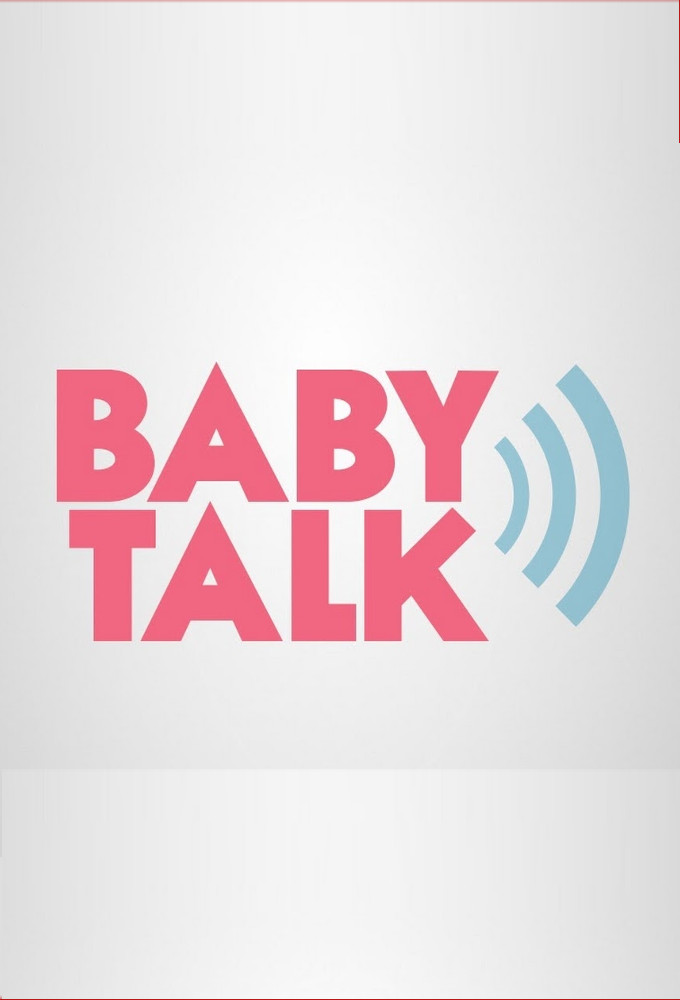 For example, if they say, "sock off", respond with "yes, we're taking your sock off".
For example, if they say, "sock off", respond with "yes, we're taking your sock off". - Get your child's attention by saying their name at the start of a sentence. If you ask a question, give them plenty of time to answer you.
- Teach them about words that go together – for example, you could show them a ball, teddy and a rattle and then say the word ‘toy’.
- Start using sounds with meaning (symbolic sounds), like saying "whoops" or "uh-oh" when you drop something accidentally, or saying "meow" while showing them a picture of a cat.
- Switch off the television and radio – background noise makes it harder for your child to listen to you.
- Talk as you clean – children this age love to help. Chat about what you're doing as you do chores like shopping, cooking and cleaning together.
The I Can website has more information about stages of speech and language development at different ages.
Think your child may have a speech or language problem?If you're worried about your child's speech or language development, talk to your GP or health visitor. If necessary, they will refer your child to your local speech and language therapy department.
If necessary, they will refer your child to your local speech and language therapy department.
If you prefer, you can refer your child to a speech and language therapist yourself.
The I Can website has answers to common questions about speech and language assessments and also information about the assessment services it offers.
How to help your bilingual childLots of children grow up in a family where more than one language is spoken. This can be an advantage to children in their learning. Knowing another language will help the development of their English.
The important thing is to talk to your child in whatever language feels comfortable to you. This may mean that one parent uses one language, while the other uses a different language. Children adapt to this very well.
Video: when will my child start talking? (12 to 30 months)
In this video, a health visitor talks about when you should expect your child to start talking.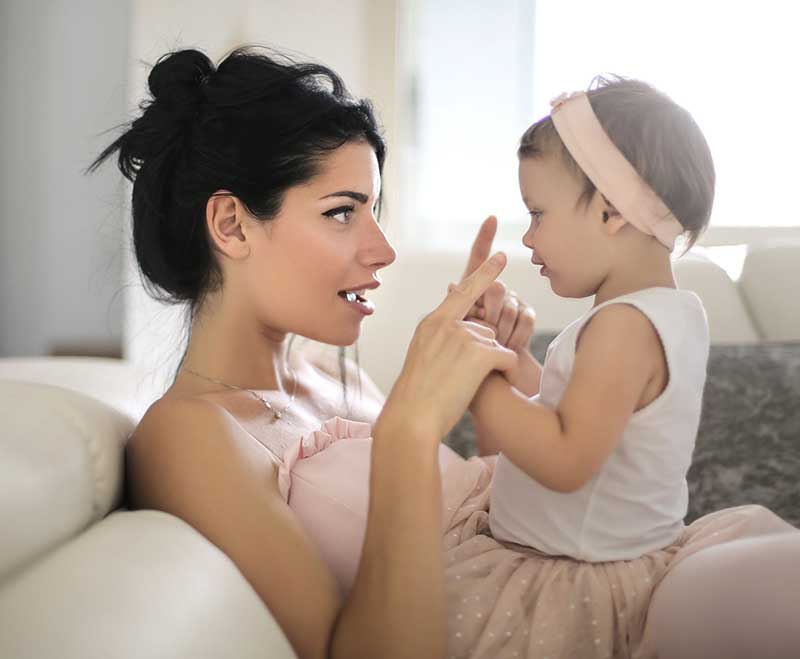
Media last reviewed: 17 August 2020
Media review due: 17 August 2023
Page last reviewed: 30 April 2020
Next review due: 30 April 2023
Tips on Learning to Talk
This article gives a brief introduction to language development and includes age-appropriate activities for children birth to 3 years old who are learning to talk.
Learning to talk is a process that starts at birth, when your baby experiences how voices can sound. By 2 years old, most babies have a large vocabulary and can put words together to express their needs and ideas. Let’s see how this process unfolds and what you can do to encourage your baby’s ability to communicate.
Learning to Talk: From Birth to 3 Months
Your baby listens to your voice. He coos and gurgles and tries to make the same sounds you make. You can help your baby learn how nice voices can be when you:
- Sing to your baby. You can do this even before he is born! Your baby will hear you.
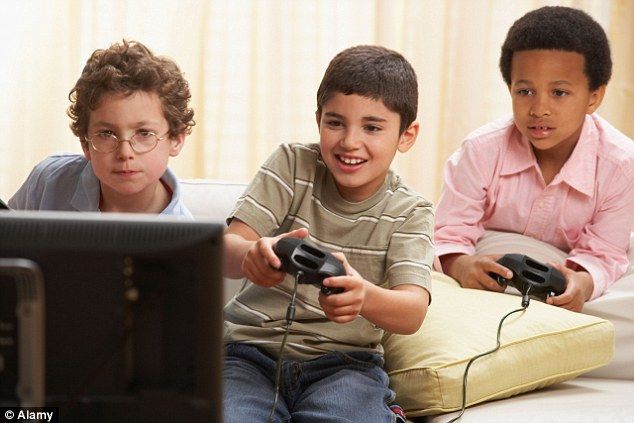
- Talk to your baby. Talk to others when she is near. She won’t understand the words, but will like your voice and your smile. She will enjoy hearing and seeing other people, too.
- Plan for quiet time. Babies need time to babble and play quietly without TV or radio or other noises.
From 3 to 6 Months
Your baby is learning how people talk to each other. You help him become a “talker” when you:
- Hold your baby close so he will look in your eyes.
- Talk to him and smile.
- When your baby babbles, imitate the sounds.
- If he tries to make the same sound you do, say the word again.
From 6 to 9 Months
Your baby will play with sounds. Some of these sound like words, such as “baba or “dada.” Baby smiles on hearing a happy voice, and cries or looks unhappy on hearing an angry voice. You can help your baby understand words (even if she can’t say them yet) when you:
- Play games like Peek-a-Boo or Pat-a-Cake.
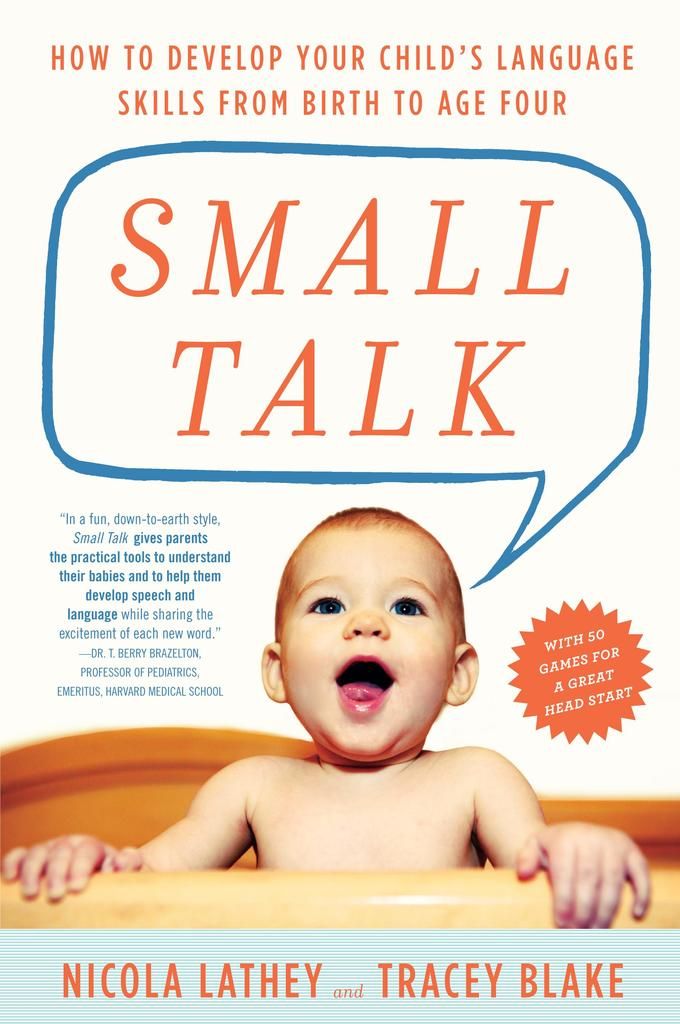 Help her move her hands along with the rhyme.
Help her move her hands along with the rhyme. - Give her a toy and say something about it, like “Feel how fuzzy Teddy Bear is.”
- Let her see herself in a mirror and ask, “Who’s that?” If she doesn’t respond, say her name.
- Ask your baby questions, like “Where’s doggie?” If she doesn’t answer, show her where.
From 9 to 12 Months
Your baby will begin to understand simple words. She stops to look at you if you say “no-no.” If someone asks “Where’s Mommy?” she will look for you. She will point, make sounds, and use her body to “tell” you what she wants. For example she may look up at you and lift her arms up to show you she “wants up.” She may hand you a toy to let you know she wants to play. You can help your baby “talk” when you: Show her how to wave “bye-bye.”
From 12 to 15 Months
Babies begin to use words. This includes using the same sounds consistently to identify an object, such as “baba” for bottle or “juju” for juice. Many babies have one or two words and understand 25 or more. He will give you a toy if you ask for it. Even without words, he can ask you for something—by pointing, reaching for it, or looking at it and babbling. You can help your child say the words he knows when you:
He will give you a toy if you ask for it. Even without words, he can ask you for something—by pointing, reaching for it, or looking at it and babbling. You can help your child say the words he knows when you:
- Talk about the things you use, like “cup,” “juice,” “doll.” Give your child time to name them.
- Ask your child questions about the pictures in books. Give your child time to name things in the picture.
- Smile or clap your hands when your child names the things that he sees. Say something about it. “You see the doggie. He’s sooo big! Look at his tail wag.”
- Talk about what your child wants most to talk about. Give him time to tell you all about it.
- Ask about things you do each day—“Which shirt will you pick today?” “Do you want milk or juice?”
- Build on what your child says. If he says “ball,” you can say, “That’s your big, red ball.”
- Introduce pretend play with your child’s favorite doll or toy animal. Include it in your conversations and your play.
 “Rover wants to play too. Can he roll the ball with us?”
“Rover wants to play too. Can he roll the ball with us?”
From 15 to 18 Months
Your child will use more complex gestures to communicate with you and will continue to build her vocabulary. She may take your hand, walk you to the bookshelf, point to a book and say “buk” to say, “I want to read a book with you.” You can help your child talk with you when you:
- Tell her “Show me your nose.” Then point to your nose. She will soon point to her nose. Do this with toes, fingers, ears, eyes, knees and so on.
- Hide a toy while she is watching. Help her find it and share in her delight.
- When he points at or gives you something, talk about the object with her. “You gave me the book. Thank you! Look at the picture of the baby rolling the ball.”
From 18 Months to 2 Years
Your baby will be able to follow directions and begin to put words together, such as “car go” or “want juice.” He will also begin to do pretend play which fosters language development.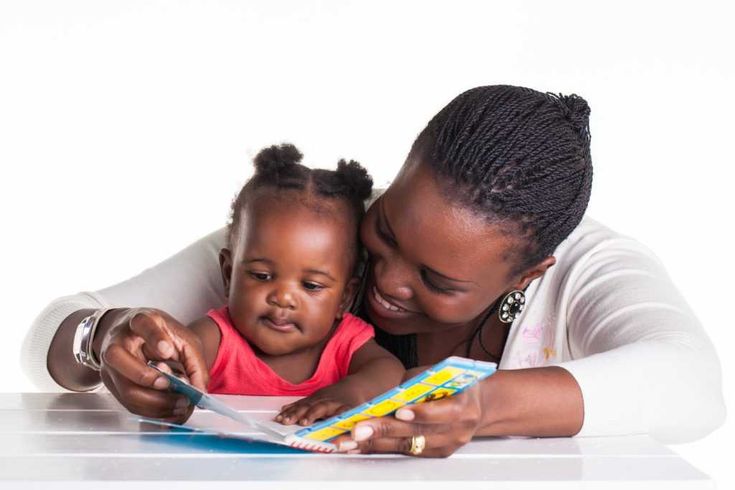 You can spur your child’s communication skills when you:
You can spur your child’s communication skills when you:
- Ask your child to help you. For example, ask him to put his cup on the table or to bring you his shoe.
- Teach your child simple songs and nursery rhymes. Read to your child. Ask him to point to and tell you what he sees.
- Encourage your child to talk to friends and family. He can tell them about a new toy.
- Engage your child in pretend play. You can talk on a play phone, feed the dolls, or have a party with the toy animals.
From 2 to 3 Years
Your child’s language skills will grow by leaps and bounds. He will string more words together to create simple sentences, such as “Mommy go bye-bye.” He will be able to answer simple questions, such as “Where is your bear?” By 36 months he will be able to answer more complicated questions such as, “What do you do when you are hungry?” He will do more and more pretend play, acting out imaginary scenes such as going to work, fixing the toy car, taking care of his “family” (of dolls, animals).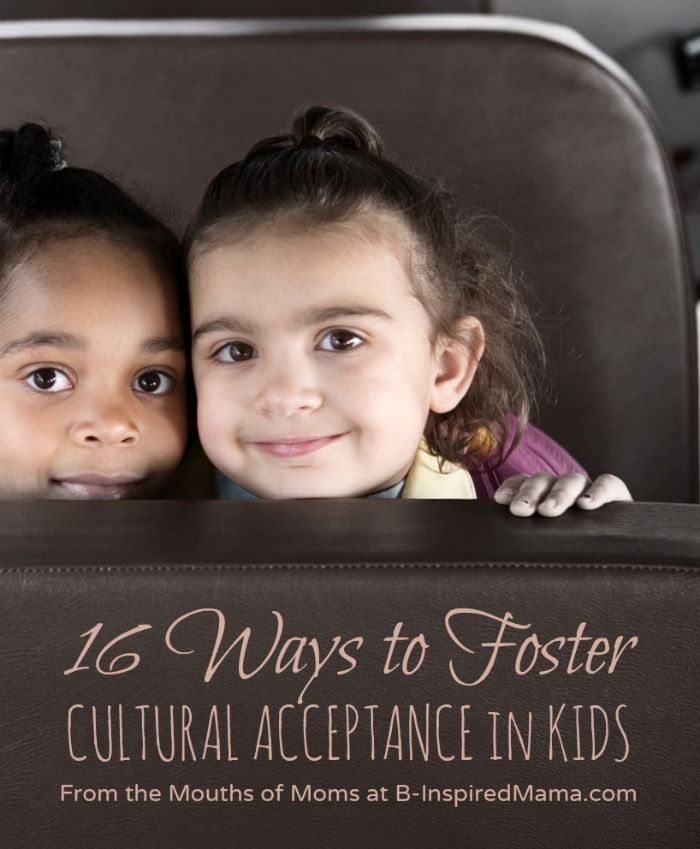
You can help your child put all his new words together and teach him things that are important to know when you:
- Teach your child to say his or first and last name.
- Ask about the number, size, and shape of the things your child shows you.
- Ask open-ended questions that don’t have a “yes” or “no” answer. This helps them develop their own ideas and learn to express them. If it’s worms, you could say: “What fat, wiggly worms! How many are there?…Where are they going? Wait, watch and listen to the answer. You can suggest an answer if needed: “I see five. Are they going to the park or the store?”
- Ask your child to tell you the story that goes with a favorite book. “What happened to those three pigs?” Reading spurs language development. Take him to storytime at your local library. Your toddler will enjoy sharing books with you as well as peers.
- Do lots of pretend play. Acting out stories and role-playing create rich opportunities for using, and learning, language.
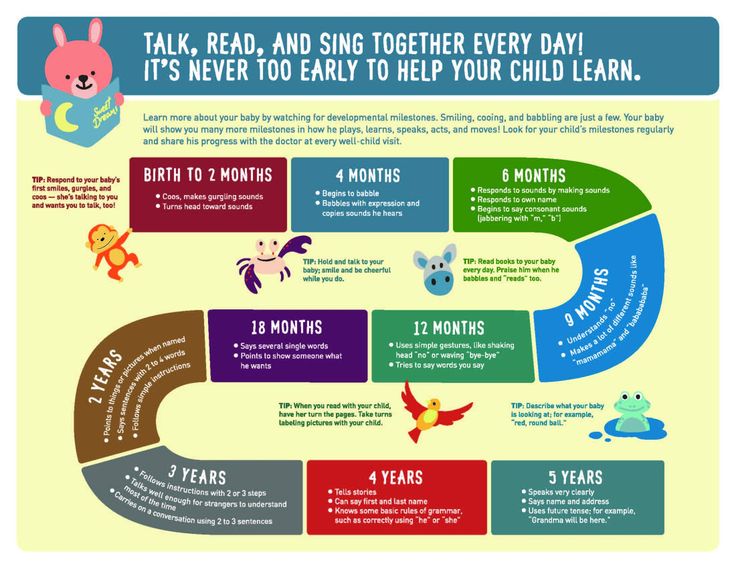
- Don’t forget what worked earlier. For example, your child still needs quiet time. This is not just for naps. Turn off the TV and radio and let your child enjoy quiet play, singing, and talking with you.
(Note: This information was adapted, with permission, from Learning Link: Helping Your Baby Learn to Talk, by C.E. Morrisset Huebner and P. Lines, 1994, Washington, DC: U.S. Department of Education, Office of Educational Research and Improvement.)
How to talk to children correctly and understand what they really think - explains psychologist
Health
What phrases should you pay special attention to? What to do if you are bored once again discussing the same cartoon? How to make a mental map of a child? These and other questions are answered by a specialist in child and adolescent psychology with 20 years of experience, father of two children Nigel Latta. The publishing house "Piter" published his book for parents "Before your child drives you crazy. "
"
If you don't want to get an ulcer or hypertension or die prematurely, learn how to talk to your children. Of course, all parents exchange a couple of phrases with their children, but I mean something else. We usually just say things to our kids from time to time (sometimes even scream when we're in a bad mood), but talking to kids is the key to a longer, healthier, less crazy life for all of you.
For many reasons, children really need loving and sympathetic parents who are able to fully communicate. We discussed some of these reasons in the previous chapter. The structure of the brain of children is formed depending on what they encounter in the world around them. I think you already understand this, but I have not yet said what is good for you.
All family conflicts and problems are based on a lack of communication.
Very often people would come to my office and shout at each other for hours. But at the same time, none of them even tried to hear something other than their own voice.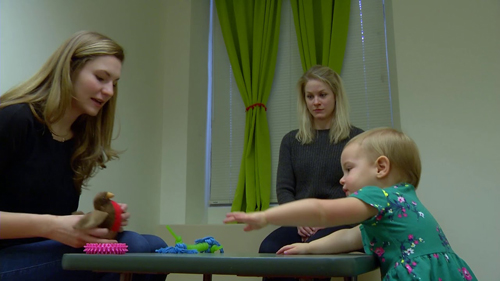 If you are not ready to communicate with children, you doom yourself to many years of conflict. And if you think your little kids are behaving very badly, wait until they reach puberty. If the foundation on which the family is built has cracked for many years, then hard times await you. I have seen many such families and would not wish the enemy to be in their place. The pubertal period is already quite difficult due to physiology, you should not complicate it with inadequate communication.
If you are not ready to communicate with children, you doom yourself to many years of conflict. And if you think your little kids are behaving very badly, wait until they reach puberty. If the foundation on which the family is built has cracked for many years, then hard times await you. I have seen many such families and would not wish the enemy to be in their place. The pubertal period is already quite difficult due to physiology, you should not complicate it with inadequate communication.
One of the most important skills that children need to learn is the ability to manage their thoughts and feelings. Children have an abundance of both, and if they do not learn to control them, they are in for trouble. And it will be hard for you and the children themselves. So I ask you to listen to what I am talking about. This is hard-earned wisdom: if you want to stay sane, you need to have meaningful communication with your children. Otherwise, be prepared for years of stress, arguments, nerves and guilt.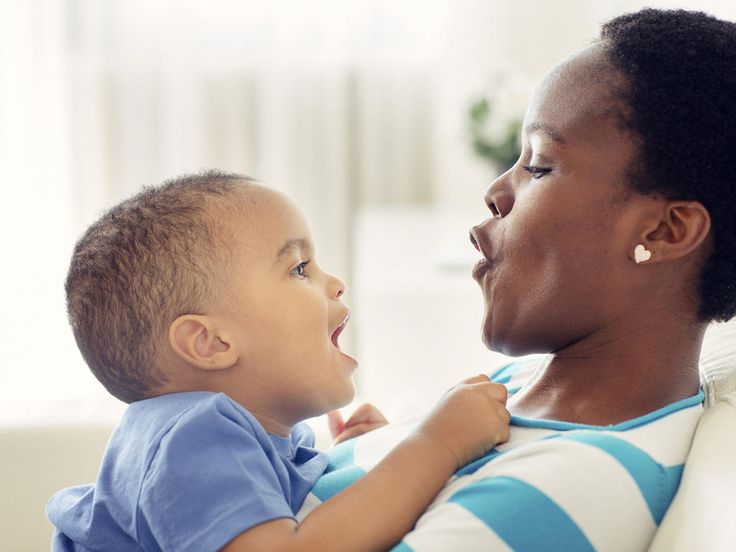 The law of the jungle is, "Eat or be eaten," and the law of the family is, "Communicate or expect trouble."
The law of the jungle is, "Eat or be eaten," and the law of the family is, "Communicate or expect trouble."
Sometimes they are boring
You probably feel like a bad parent when you are bored with your child. But trust me, you are not alone. I love my two boys like crazy, but sometimes they talk about such downright boring things that I want to punch myself in the face. The fact is that the world of children is much smaller than ours. They haven't done much and haven't seen much, so sometimes they get hung up on things that seem... umm, how to put it mildly... trivial to the point of stupidity.
Let me give you an example. At some point, my wife and I had to be banned from talking about SpongeBob * simply because we were literally sick of stories about him and could not listen to them anymore. Don't get me wrong, I love that square yellow guy, but it's not funny at all when a six year old tongue-tiedly retells the same episode for the 227th time. The same situation was with the Lego Bionicle series. These are very cool toys, but they have become a real curse for us. My youngest son talked about Bionicle so much and in detail that they pushed out of my head the words necessary in my daily professional activities. When I spoke to the lawyer on the phone, I couldn't remember the word "complete." I just forgot it. But then I could tell this lawyer the story of the conflict between the Bionicle tribes - Glatorians and Scrolls, and also list the names of many other tribes ... but I could not remember the word "complete". Now talking about Bionicles is banned, because I am terribly afraid that because of them, there will simply be no useful words left in my head.
These are very cool toys, but they have become a real curse for us. My youngest son talked about Bionicle so much and in detail that they pushed out of my head the words necessary in my daily professional activities. When I spoke to the lawyer on the phone, I couldn't remember the word "complete." I just forgot it. But then I could tell this lawyer the story of the conflict between the Bionicle tribes - Glatorians and Scrolls, and also list the names of many other tribes ... but I could not remember the word "complete". Now talking about Bionicles is banned, because I am terribly afraid that because of them, there will simply be no useful words left in my head.
If you feel bored with your children from time to time, there is nothing wrong with that, it is normal. When you're bored, it's best to take a break and send the kids to play on their own.
"But, daddy," protested my youngest, when I tried to take a break from talking about the Bionicles for a few minutes, "Aren't you glad I know so much about the Bionicles?"
“Of course I'm glad,” I replied. “But what you know about them is enough for me. I don't have to know what you know, the assurance that you understand it is all I need to be happy. Any knowledge beyond this initial knowledge is beyond what I need to know. You know?"
“But what you know about them is enough for me. I don't have to know what you know, the assurance that you understand it is all I need to be happy. Any knowledge beyond this initial knowledge is beyond what I need to know. You know?"
He frowned, "What?"
"Go play, my monkey."
Luckily for both of us, that's exactly what he did.
The gift of listening
Okay, to be honest, there is no gift of listening. I came up with this so you read this section for sure. If I just wrote "listening skills", you would think: yes, I already know how to listen. But as soon as you come up with a more interesting name, like "The Gift of Listening", people immediately become interested in any topic. No one expects you to listen to absolutely everything your kids talk about. This is impossible, if only because they talk too much. Basically it's something terribly uninteresting or completely incomprehensible. Of course, the children themselves think that they are talking about something very important and interesting, but for adults their chatter sometimes seems like nonsense. No matter how hard you try to listen carefully, sooner or later you will notice that you nod at each of their phrases, automatically repeating something like: "Hmm ... yes, yes ... of course ... good ... right."
No matter how hard you try to listen carefully, sooner or later you will notice that you nod at each of their phrases, automatically repeating something like: "Hmm ... yes, yes ... of course ... good ... right."
If someone claims to listen to everything the kids say, he is either a big liar, or a lunatic, or, even worse, a mad liar.
But still try not to let your guard down. As children get older, they may ask you for permission to do things that you in your right mind would never approve of.
— Jimmy, where is your little sister?
- I gave it to Matthew in exchange for a skateboard.
— What? For heaven's sake, why did you do this? Is it possible?
— You yourself allowed it.
— No, I didn't.
- Allowed. I asked you: "Can I exchange?" - and you said "Hmm ... yes, yes ... of course." Have you forgotten?
Listening to children does not mean simply being silent while they are talking. Even the smallest child sees when a person is listening, and when he is simply silent. It is important to listen to children not only to know about their thoughts and desires. When we listen carefully to children, they understand that adults are interested and important in what children are talking about. By listening to children, you encourage them to develop communication skills. There are some secrets that will help you listen to your children.
It is important to listen to children not only to know about their thoughts and desires. When we listen carefully to children, they understand that adults are interested and important in what children are talking about. By listening to children, you encourage them to develop communication skills. There are some secrets that will help you listen to your children.
- Give them your full attention. Look them in the eye and focus on what they are saying. Show interest with intonation Your intonation is very important and should match what you are saying. If you say, “Wow! How interesting!" bored voice, you will not deceive anyone.
- Use gestures and facial expressions. Use expressive gestures and feel free to express emotions. So the children will see that you are really interested and pleasant to communicate with them. Children love it when you wave your arms and make faces - try it and see how their eyes light up.
- Ask questions.
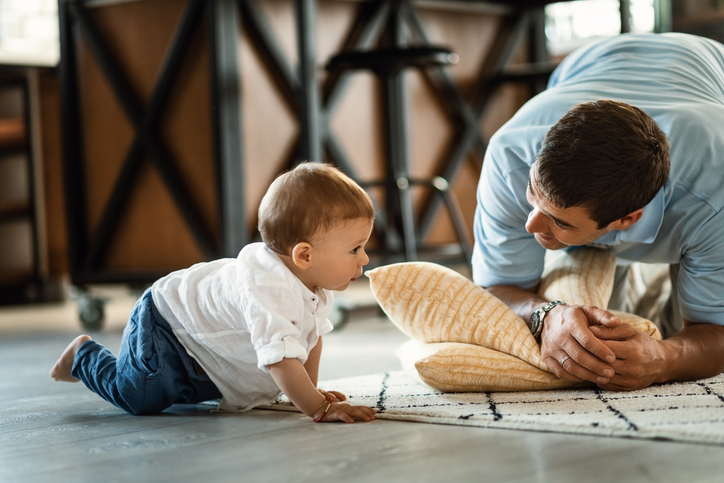 Questions will show your interest and passion for the conversation. Children usually like to be asked questions. It's best to come up with questions that can't be answered with a simple "yes" or "no". For example, it's better to ask "What did you do at school today?" rather than "Did everything go well at school today?"
Questions will show your interest and passion for the conversation. Children usually like to be asked questions. It's best to come up with questions that can't be answered with a simple "yes" or "no". For example, it's better to ask "What did you do at school today?" rather than "Did everything go well at school today?" - Repeat what the children say. It is important not only to repeat their words after the children, but also to copy the feelings with which they pronounce them. You need to become a mirror for your children so that they can see themselves through your eyes.
- Praise the children for how they explain things. It is very important to show children that you like the way they speak and explain this or that situation in words. This way they will feel confident in their communication skills and will be better able to verbalize their feelings and thoughts in the future.
It is clear that you cannot do all this all the time. Perhaps this is not necessary, otherwise you would either have to die of exhaustion, or go crazy, or both. You don't have to listen all the time, but you have to listen for some time. It's good that those banal things they load us with - the adventures of SpongeBob, the genealogy of Bionicles, the ups and downs in the High School of Music series - are preparations for much more serious problems that await us in the future. In my experience, it's best to practice when the stakes are low, and then when it comes to more important things, you'll already learn to listen to your kids.
Perhaps this is not necessary, otherwise you would either have to die of exhaustion, or go crazy, or both. You don't have to listen all the time, but you have to listen for some time. It's good that those banal things they load us with - the adventures of SpongeBob, the genealogy of Bionicles, the ups and downs in the High School of Music series - are preparations for much more serious problems that await us in the future. In my experience, it's best to practice when the stakes are low, and then when it comes to more important things, you'll already learn to listen to your kids.
Find out their view of the world
We all perceive the world in our own way and communicate with others in different ways. Something is constantly happening around, and it is impossible to be aware of what is happening every second, so our brain perceives all information in accordance with certain patterns. This is something like a mental map of the world around us, which helps us choose how to act in a given situation.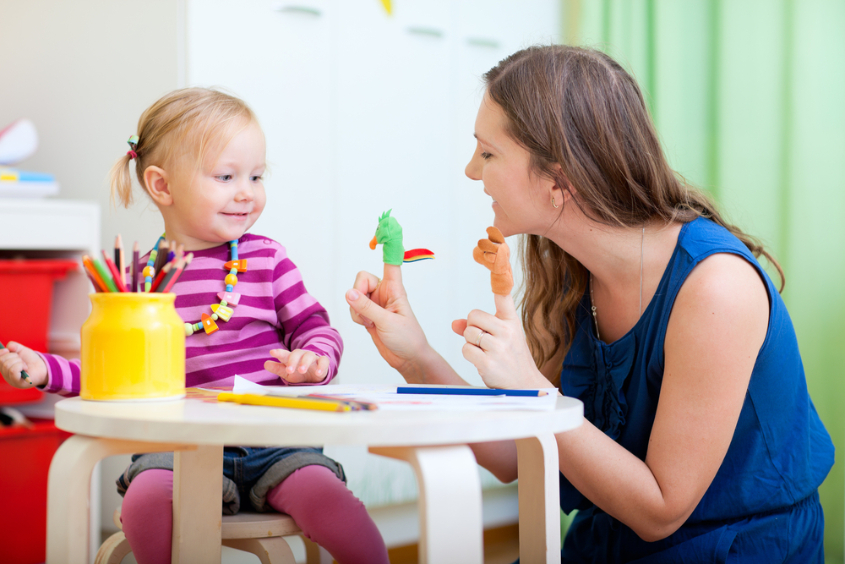 We refer to this map to navigate our way through countless events that require us to take action. A mental map gives the illusion of predictability, while everything around is unpredictable. However, it is important to realize that a mental map is a subjective perception of the world, and not the real world around. A mental map is a picture of the world created on the basis of our life experience. If from childhood you are used to the fact that no one pays attention to you when you are sad and ill, then in the future this will affect your relationships with others. As we learned from the previous chapter, the picture of the world in children begins to take shape almost from the moment of conception, and then this continues throughout life.
We refer to this map to navigate our way through countless events that require us to take action. A mental map gives the illusion of predictability, while everything around is unpredictable. However, it is important to realize that a mental map is a subjective perception of the world, and not the real world around. A mental map is a picture of the world created on the basis of our life experience. If from childhood you are used to the fact that no one pays attention to you when you are sad and ill, then in the future this will affect your relationships with others. As we learned from the previous chapter, the picture of the world in children begins to take shape almost from the moment of conception, and then this continues throughout life.
The main task of parents is to follow how children make their mental map of the world.
It should be as useful as possible to interact with the outside world. Have you ever wondered why your child almost always does this and almost never does otherwise? Most likely, this behavior is due to his mental map of the world.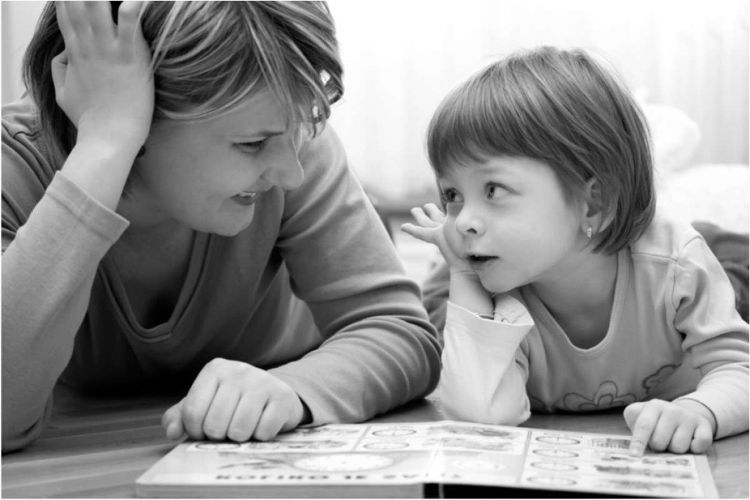 Some of the children are almost always looking for a workaround, others go ahead. Some want to study everything on their own, others do not leave their parents a single step. All of them are guided by a map of the world compiled in their heads.
Some of the children are almost always looking for a workaround, others go ahead. Some want to study everything on their own, others do not leave their parents a single step. All of them are guided by a map of the world compiled in their heads.
You can learn about a child's world map, firstly, by listening to what they say about what is happening around, and secondly, by looking closely at how they behave. When children speak, they always show their view of the world. If you listen closely, you will hear something like this:
- Why am I afraid to go first?
- Why are you always so angry?
- Nobody plays with me.
- I like to share with others.
- I have funny friends.
- I read well.
- I hate reading.
- The teacher is evil.
- The teacher is kind, because she helps me.
- This is not fair.
- I can't, I have to do my homework first.
- This is bad.
All these phrases tell a lot about the attitude of the speaker.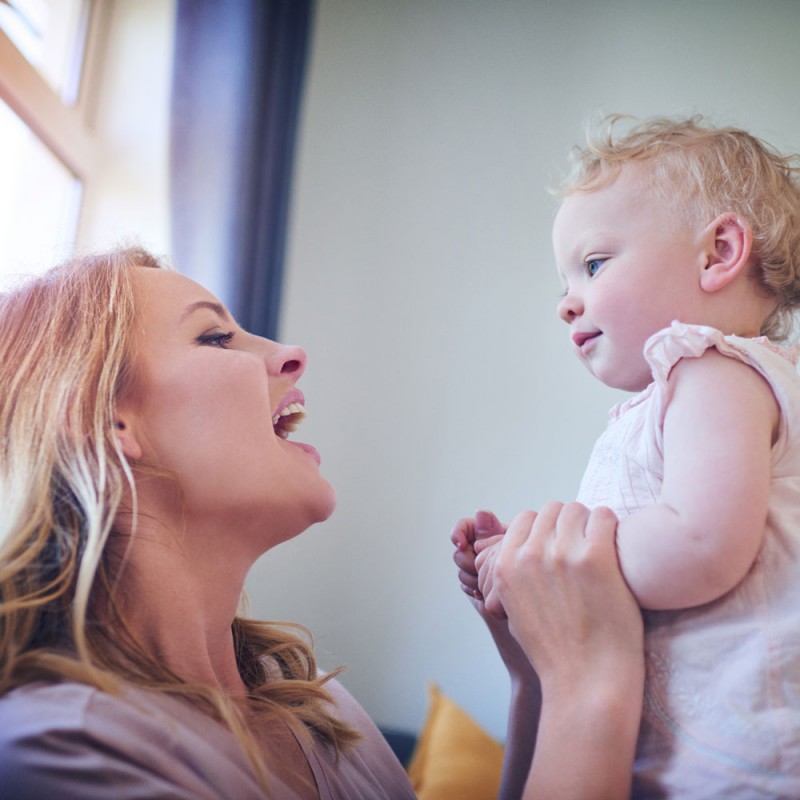 All of them will give you something to understand the world in which the child lives: something will please you, something will not. When you listen to children, pay special attention to what sounds like a rule, such as phrases that contain or suggest the words "always" and "never." Also focus on descriptions of other people, on phrases such as: "The teacher is good because she helps me." From this statement, we can conclude that it is good for a child to help others. Now analyze another phrase about the same teacher: "I hate the teacher because she keeps saying I'm wrong." It means that helping others is bad for a child. In general, listen to what sounds like a strong belief or rule that helps you make the right decision.
All of them will give you something to understand the world in which the child lives: something will please you, something will not. When you listen to children, pay special attention to what sounds like a rule, such as phrases that contain or suggest the words "always" and "never." Also focus on descriptions of other people, on phrases such as: "The teacher is good because she helps me." From this statement, we can conclude that it is good for a child to help others. Now analyze another phrase about the same teacher: "I hate the teacher because she keeps saying I'm wrong." It means that helping others is bad for a child. In general, listen to what sounds like a strong belief or rule that helps you make the right decision.
The phrase "No one wants to play with me" refers to the child's loneliness. In the future, he may withdraw even more into himself and move away from others.
You can also learn about the mental map of children just by watching them. When my oldest son was eight months old, I noticed that he was trying to climb up the stairs with a tenacity that any climber would envy.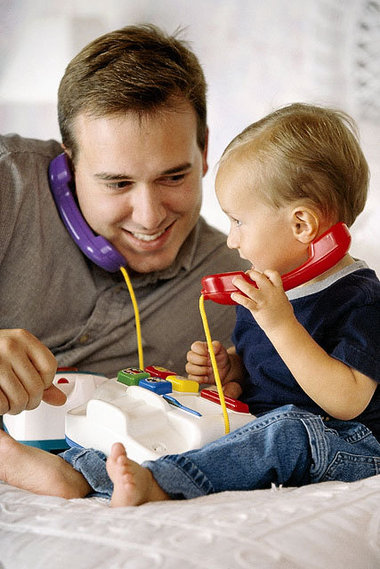 He didn't need help - he clearly wanted to overcome this obstacle on his own. That's when I thought this babbling baby would become very purposeful. I was not mistaken, he still acts just like that stubborn kid. In his case, such persistence is both a blessing and a curse. Thanks to his determination, he achieves a lot, but it is not easy for him. My task is to help him tweak the world map a little so that he finds the most convenient route.
He didn't need help - he clearly wanted to overcome this obstacle on his own. That's when I thought this babbling baby would become very purposeful. I was not mistaken, he still acts just like that stubborn kid. In his case, such persistence is both a blessing and a curse. Thanks to his determination, he achieves a lot, but it is not easy for him. My task is to help him tweak the world map a little so that he finds the most convenient route.
If you look closely at your children, you will see that they follow some rules when:
- play with toys;
- draw;
- play with friends;
- trying to solve some problem;
- perform tasks;
- are facing something new;
- they succeed or fail.
Children's behavior at these moments will tell you how they perceive the world and how they are guided when making this or that decision. For example, if every time a child encounters something unusual, he freezes and does nothing, this indicates his self-doubt.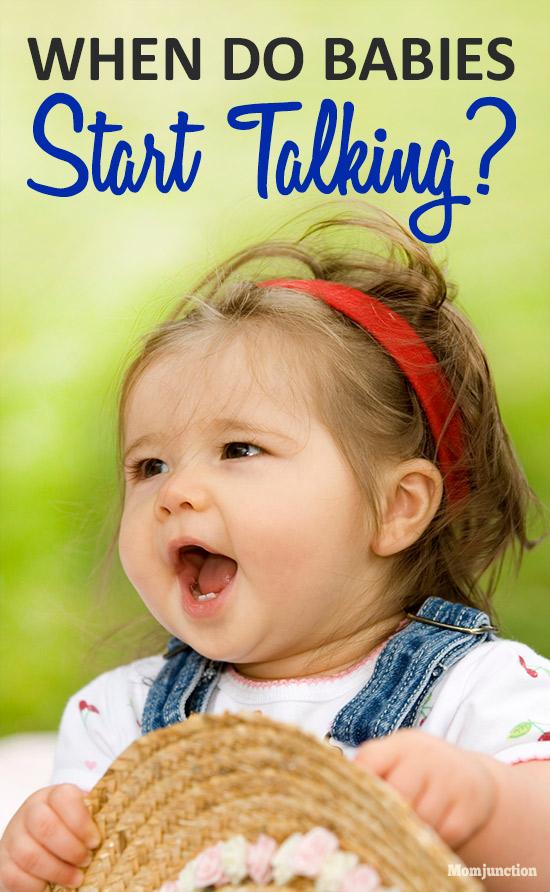 So, he decides not to do anything, because he is afraid of making a mistake. And if a child is very upset and cries inconsolably because of mistakes, this suggests that he will have a hard time experiencing any defeat.
So, he decides not to do anything, because he is afraid of making a mistake. And if a child is very upset and cries inconsolably because of mistakes, this suggests that he will have a hard time experiencing any defeat.
Fortunately, mental maps are easier to correct in childhood than in adulthood. They are drawn with a simple pencil, not ink.
Any settings that seem inappropriate to you (“No one loves me” or “I won't risk making a mistake”) can be erased and help the child draw a new card.
You cannot help children become happy and successful (whatever you mean by that) if you don't know how they see the world. Everyone looks at the world differently, and no one likes it when someone imposes their worldview on them. Neither adults nor children like it. If you are not feeling well and someone says, “What a fool, come on, cheer up, feel better,” then this is unlikely to work. Most likely, you will feel only irritation. The same thing happens with children. But if you understand how children look at the world, then you can at least try to help them survive some difficulties.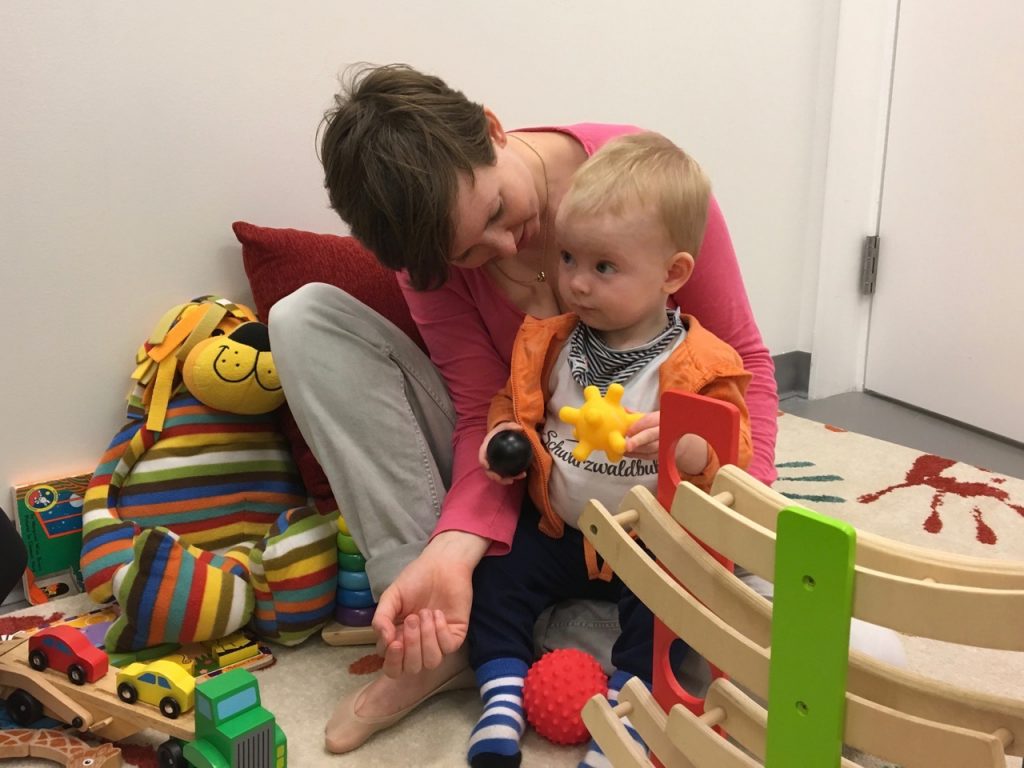 But first you need to understand their picture of the world, and then act, starting from this.
But first you need to understand their picture of the world, and then act, starting from this.
Follow our news on Telegram
Author:
Katerina Reznikova,
How to teach a child to speak: methods, games and exercises
The formation of a child's speech occurs long before he begins to speak on his own. From a very early age, the baby perceives the speech of adults, imitates it, and subsequently relies on the acquired experience. Speech development is not a process that can be left to chance - and in this article you will find out why.
Article content:
- Stages of speech development
- 10 ways to teach your child to talk at home
- Exercises and games for the development of speech
- General tips
- When you need expert help
- Conclusion
Stages of speech development
The formation of speech occurs gradually, starting from birth.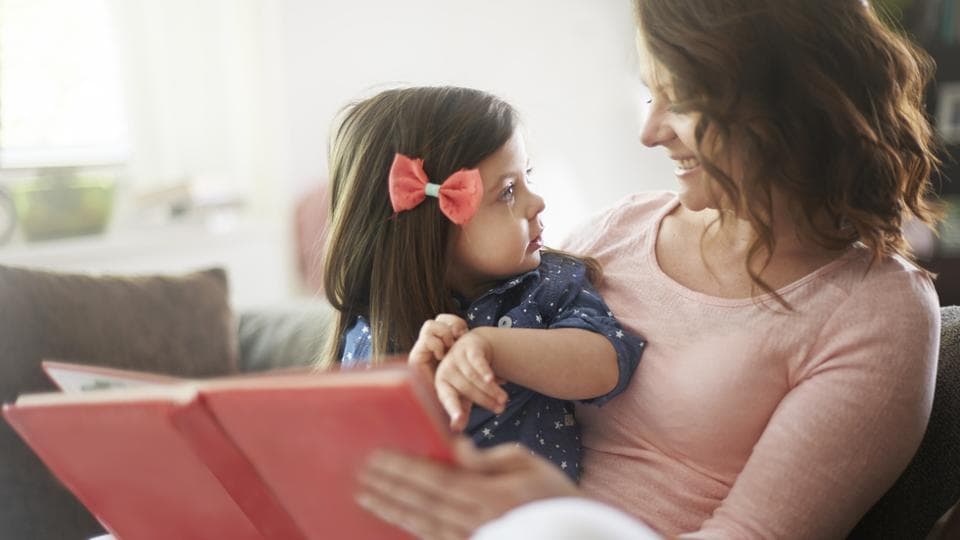 Knowing the approximate stages of speech development at each age, it is much easier to determine the presence of signs of a lag.
Knowing the approximate stages of speech development at each age, it is much easier to determine the presence of signs of a lag.
- 0 to 6 months. The baby actively listens to the speech of adults, tries to reproduce the sounds that he still perceives as a melody. He already distinguishes the voices of people who are talking to him. First, the baby masters vowel sounds, and already closer to the age of one and a half months, the consonant sounds “g”, “k”, “x” appear, thanks to which the child begins to “walk”.
- 6 to 12 months. At this age, the child often imitates the sounds of adult speech. Pronounces separate syllables, for example "ma-ma", "babbles". By the end of the first year of life, the first words and sentences appear. Vocabulary ranges from 2-3 to 20 words, most of which are nouns.
- 1 year. In a year, speech becomes active and becomes a means of interaction with adults. Together with the ability to move independently, the child accumulates knowledge about the world around him and replenishes his vocabulary, which at this age is 300-400 words.
 Pronunciation adapts to itself, skipping or replacing complex combinations of sounds.
Pronunciation adapts to itself, skipping or replacing complex combinations of sounds. - 2 years. By the age of two, phrasal speech is formed. At this time, the child is able to formulate a sentence of 2-3 words. Gradually, grammatical categories are mastered, such as number, gender, case. The vocabulary reaches up to 700 units.
- 3 years. Children of this age actively communicate with adults and peers, but still with the help of simple sentences. A three-year-old child masters the basic laws of the language and, on their basis, invents his own words. This process is called "word-creation" and signals the normal development of the child's speech. Vocabulary - up to 1000 words.
- 4 years. In the fifth year of life, the child "hones" the acquired skills, replenishes the active and passive vocabulary, which is approximately 2000 words. As they grow older, the child begins to pronounce all the sounds of his native language clearly and clearly.
- By the age of 5, it is considered normal if the child has mastered all aspects of the language and is fluent in speech.
 If not, this is a reason to immediately contact a specialist.
If not, this is a reason to immediately contact a specialist.
10 ways to teach your child to talk at home
- The most effective and basic way is to talk to your child as often and as much as possible. Pediatricians recommend communicating with the child even before he is born. The speech of an adult should be expressive, as babies perceive it on an emotional level. It is possible to teach a child to speak at 1 year old by abandoning sign language and completely switching to verbal communication. Use short and clear sentences, do not distort words. Speak in such a way that the child can observe the movements of the lips and try to independently apply them to his speech.
- Develop fine motor skills. Stimulation of nerve endings on the fingers has a positive effect on the development of speech.
 Any exercises that involve the motor skills of small muscles are suitable for this method: sorting through cereals, playing with massage balls, stringing beads on a string. (You can link to an article about developing fine motor skills by writing, for example, "Learn more here.") Fine motor skills classes will help to teach a two-year-old child to speak as early as possible.
Any exercises that involve the motor skills of small muscles are suitable for this method: sorting through cereals, playing with massage balls, stringing beads on a string. (You can link to an article about developing fine motor skills by writing, for example, "Learn more here.") Fine motor skills classes will help to teach a two-year-old child to speak as early as possible. - Expand vocabulary. At home, on the street, in a store, in nature, show and call the child the names of the surrounding objects. To his questions in an accessible language, explain the meaning of certain objects, trying not to overload the child's brain with complex terms. This is a natural and inexpensive way to quickly teach your child to speak at 2 years old.
- Read books. Children love to look at bright, colorful pictures. Read a book to your child, while pointing at the characters, for example, a bun, a fox, a hare. Simultaneous visual and auditory perception will help you remember words faster and learn how to pronounce them.
 Set aside time for this activity each day to develop this healthy habit in your child.
Set aside time for this activity each day to develop this healthy habit in your child. - Sing songs. As much as books, children love songs. Sing along with your child his favorite songs, learn new songs that he will like. In addition to stimulating the speech apparatus, you will provide both yourself and your baby with a good mood.
- Not understanding sign language. If your child often uses gestures, replacing words with them, you need to stimulate him to the opposite. Once again, when the baby points his finger at something, pretend that you do not understand him. Try to start a dialogue by asking leading questions, but do not bring the child to hysteria if he is not yet ready for this way of communication.
- Take by cunning. When reading a well-known book, intentionally replace words, for example: "I'll sit on a stump, eat a pot (instead of" a pie ")". This technique will inspire your child to listen carefully to the speech, so that next time they can tell you how to do it right.
 The method is perfect for teaching a child to speak at 3 years old, since by this age children are actively interested in literary works.
The method is perfect for teaching a child to speak at 3 years old, since by this age children are actively interested in literary works. - Repeat one after another. As a game, repeat the syllables that he says after the baby, and then offer your own version. The child will be happy to join this activity and will try to give out even more new syllables.
- Remove distractions. An incessantly running TV or computer with cartoons will drown out any of your attempts to enter into a dialogue. The child needs to hear the lively, clean, correct speech of an adult. To teach a child to speak at 4 years old, you should adhere to the time limits for watching cartoons.
- Show attention. Drop everything when the child comes up to you to tell you something interesting. Listen carefully, ask questions, be surprised and show your interest in every possible way. This will stimulate the desire to share with you everything that comes to mind and that you want to tell. Mutual dialogue is possible and necessary even with a small child, because it will help you quickly learn to talk.
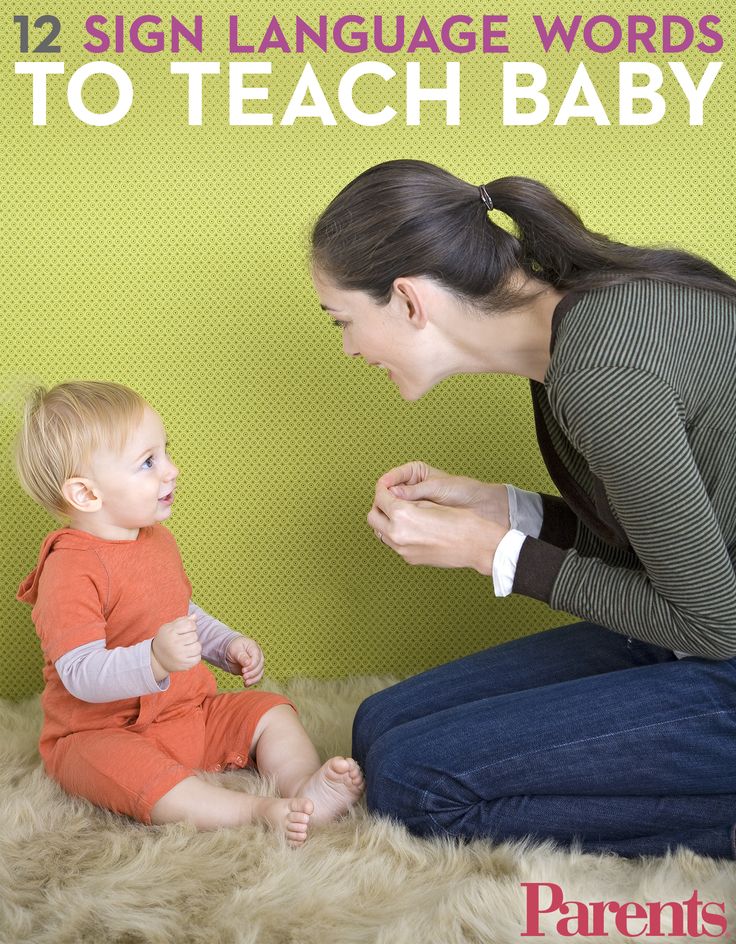
Exercises and games for the development of speech
Finger games
A favorite pastime for all little ones. Aimed at the development of fine motor skills and, as a result, the formation of speech. Learn small rhymes with your child, for example, "Magpie Crow." Connect finger movements that your baby will be happy to repeat. Such games improve fine motor skills and help to teach the child to speak correctly.
Articulation exercises
The small muscles of the mouth in childhood need to be trained, as they may not be sufficiently developed. To strengthen them, daily articulation exercises are required. Sit with your child at the mirror to control the correct execution of the exercises. Follow the movements of the lips and tongue, showing the child an example for his independent work.
Exercises for the development of speech breathing
It is important to teach a child to breathe correctly, starting from the moment of his speech development.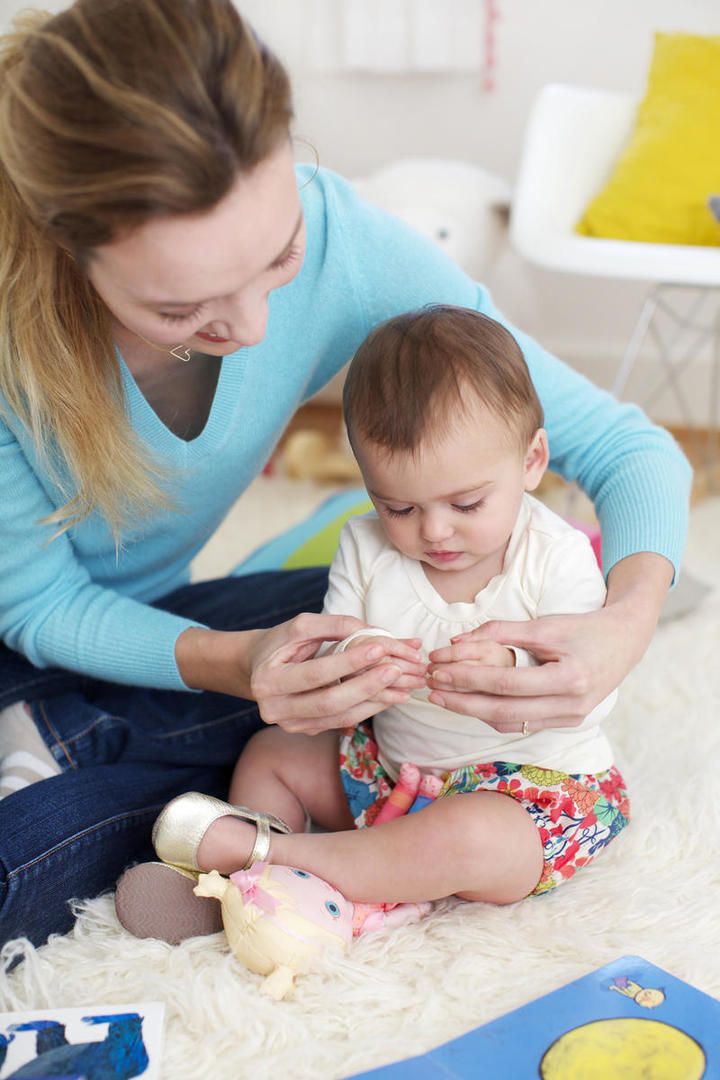 The air released by us during the pronunciation of speech is the source of sound. Many simple and easily accessible exercises are aimed at developing breathing, for example: blow on a dandelion, inflate a balloon, blow soap bubbles.
The air released by us during the pronunciation of speech is the source of sound. Many simple and easily accessible exercises are aimed at developing breathing, for example: blow on a dandelion, inflate a balloon, blow soap bubbles.
Music games
You can teach your child to speak with the help of music games. When children sing, the assimilation of sounds, syllables and, ultimately, words is easier for them. Musical games can be organized in several variations: with musical instruments (spoons, drum), songs with onomatopoeia of animals, songs with the simultaneous execution of simple movements.
Didactic games
There are a huge number of games and methods using didactic material. And almost all of them can be applied to the development of speech. The game "Magic Bag" is great for developing speech skills. Rules of the game: in the bag there are objects of various shapes and sizes. The child is invited to feel to choose an object and describe it.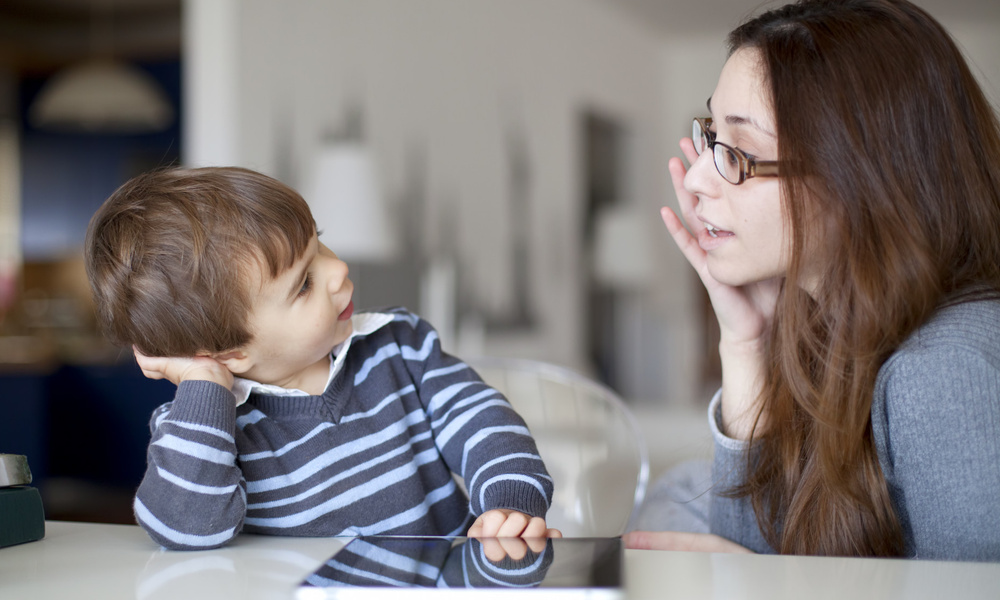 Pronunciation of the signs of an object reinforces speech, and also helps in the formation of initial mathematical concepts.
Pronunciation of the signs of an object reinforces speech, and also helps in the formation of initial mathematical concepts.
General advice
In the development of a child's speech, it is important to be guided by the general principle "Do no harm". It must be remembered that each child develops according to his own individual model and it does not always adapt to the described stages of development. We recommend adhering to principles that apply in general to the entire process of raising and developing children.
- The principle of play form. For a child of preschool age, the leading activity is the game. The more interesting the lesson is built, the more involved the child will be in it. Don't force me to play. Get interested instead.
- The principle of mutual dialogue. Talking to children is not a waste of time, as it might seem at first glance. Bring the child to a dialogue, keep up a conversation with him, tell and listen carefully. Communication is the most effective way to teach a child to speak early.

- The principle of problem acceptance. It is difficult to admit to oneself that the child has any problems. However, the sooner you start working on the bugs, the faster you will get the result. Do not be afraid to turn to professionals if you see that independent work does not bear fruit.
- The principle of accepting individuality. Your child is already a separate person, even if he is just starting to stand on his feet. You should not compare him with peers who are already telling poems with might and main. Instead of criticizing, praise every achievement of your child and then he will definitely speak.
When the help of specialists is needed
When a problem is discovered and the right ways to solve it will help prevent further lagging behind the child.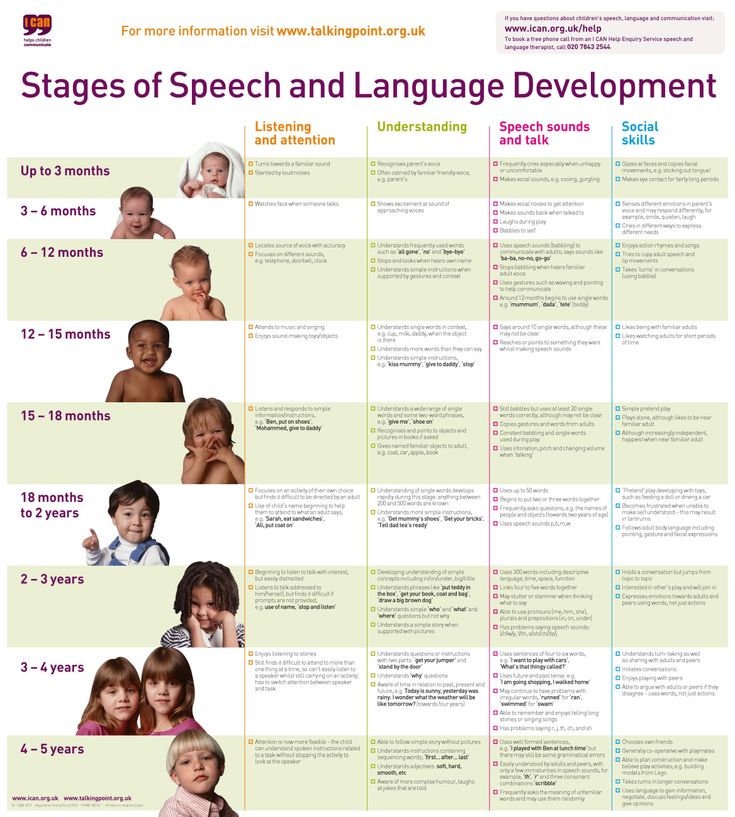 It is necessary to be patient, aim for a positive result and give your child a chance to painlessly enter the social world and learn to exist in it.
It is necessary to be patient, aim for a positive result and give your child a chance to painlessly enter the social world and learn to exist in it.
Reasons to start working on the development of speech together with a speech therapist, neurologist and other specialists:
- after 8 months the baby does not respond to calls to him;
- nasal voice appears;
- there is not enough air to complete the phrase;
- during a conversation there is increased salivation;
- at 2 years old the child speaks only in syllables;
- at 3 years the child still tends to speak only in simple words;
- at the age of 4, the sense of syllable was not developed and the words were distorted.
Conclusion
Children's development centers "Baby Club" have been helping parents in the development of children since 2000. Our mission is the harmonious development of the child and his formation as an independent person.